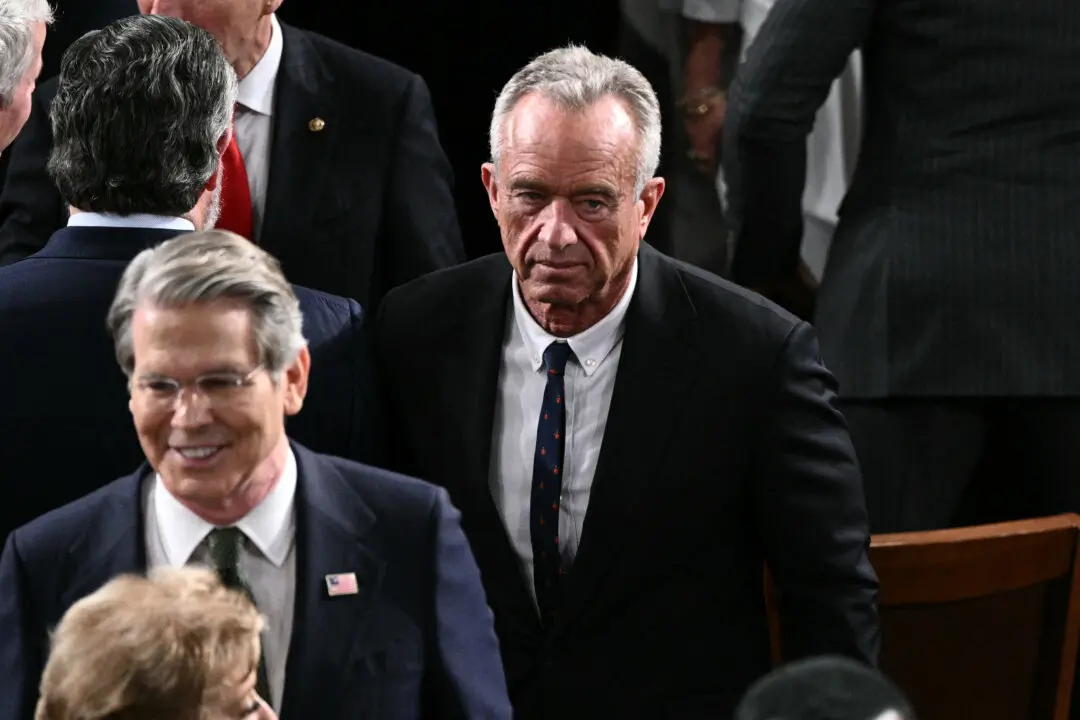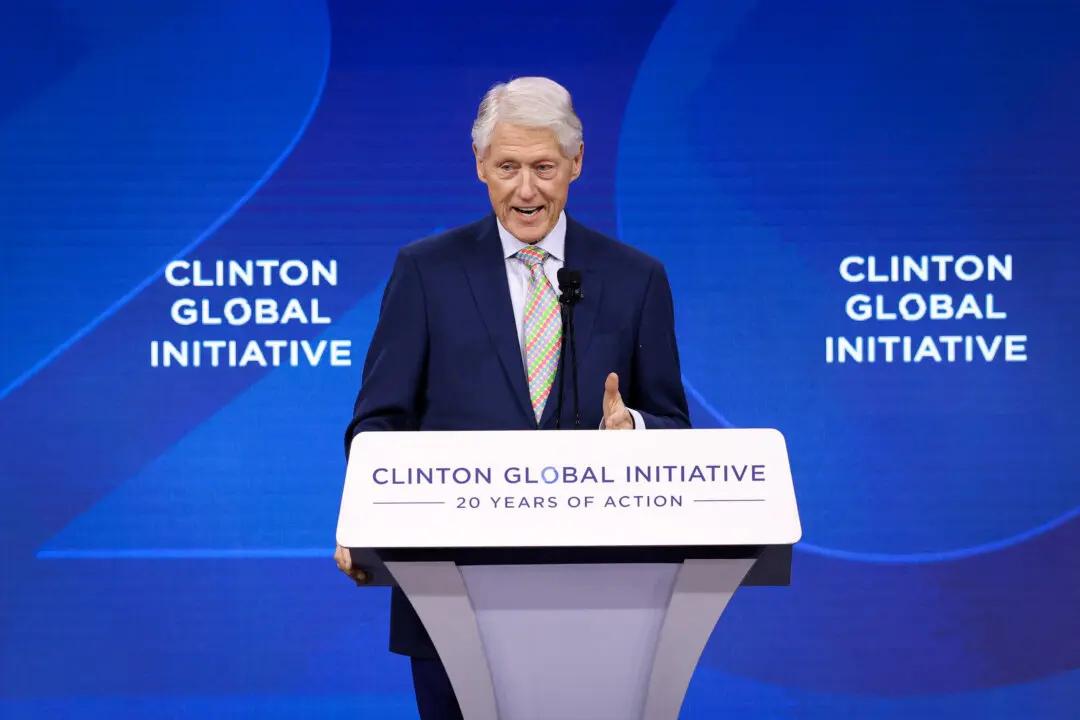President Joe Biden’s administration is withholding information about Afghanistan, Special Inspector General for Afghanistan Reconstruction (SIGAR) John Sopko said during an Oct. 29 speech.
The Department of Defense (DoD) withheld information on the performance of Afghan security forces, including unit strength, training deficiencies, and casualty data, or “in essence, nearly all the information you needed to know to determine whether the Afghan security forces were a real fighting force or a house of cards waiting to fall,” according to Sopko.





